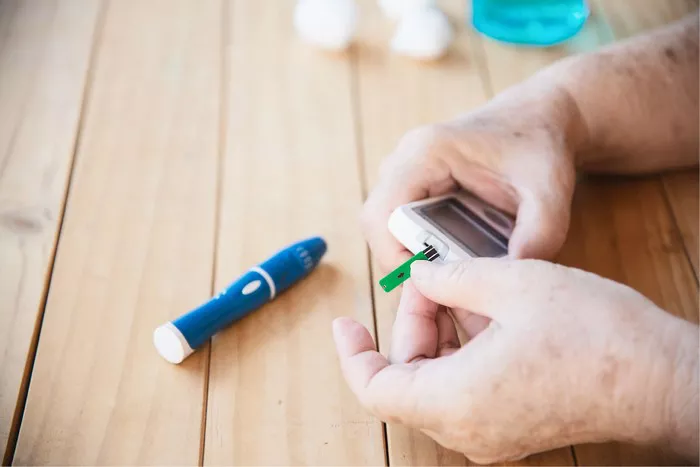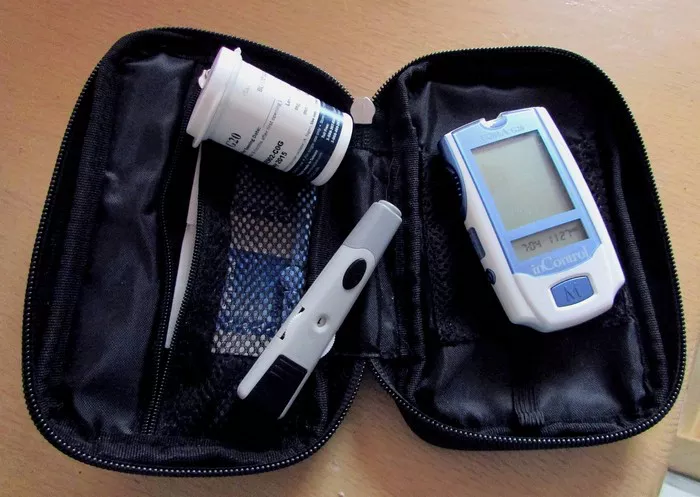The Glucose Tolerance Test (GTT) is a diagnostic tool used to assess the body’s ability to metabolize glucose effectively. In this article, we will explore what the GTT entails, the normal range for blood glucose levels during the test, how to interpret the results, thresholds for prediabetes and diabetes, factors that can influence test outcomes, follow-up actions, and frequently asked questions regarding the GTT.
Explanation of GTT
The GTT involves drinking a glucose solution, typically containing 75 grams of glucose dissolved in water, followed by blood glucose measurements at specific intervals. The test is performed after an overnight fast to ensure accurate results. Blood samples are taken at baseline (before consuming the glucose solution) and at intervals, usually one and two hours after ingestion, to assess how the body responds to the glucose load.
Normal GTT Values
For a non-pregnant individual, normal blood glucose levels during the GTT are typically less than 140 mg/dL (7.8 mmol/L) two hours after drinking the glucose solution. Levels between 140 mg/dL to 199 mg/dL (7.8 to 11.1 mmol/L) may indicate impaired glucose tolerance, while a level of 200 mg/dL (11.1 mmol/L) or higher could suggest diabetes.
Interpreting GTT Results
Interpreting GTT results involves analyzing blood glucose levels at different time points to assess the body’s ability to handle glucose. A rise in blood sugar levels after ingesting the glucose solution followed by a gradual decline to normal levels indicates normal glucose metabolism. Elevated or prolonged elevation of blood glucose levels may suggest impaired glucose tolerance or diabetes.
Prediabetes and Diabetes Thresholds
Blood glucose levels during the GTT provide valuable information about an individual’s risk of developing prediabetes or diabetes. Levels between 140 mg/dL to 199 mg/dL (7.8 to 11.1 mmol/L) indicate impaired glucose tolerance, which is a precursor to diabetes. A blood glucose level of 200 mg/dL (11.1 mmol/L) or higher two hours after drinking the glucose solution is diagnostic of diabetes.
Factors Influencing Results
Several factors can influence GTT results, potentially affecting the accuracy of the test. Diet, physical activity, stress, medications (such as corticosteroids or beta-blockers), and certain medical conditions (such as liver disease or hormonal disorders) can all impact glucose metabolism and alter test outcomes. It is essential to discuss any relevant factors with healthcare providers before undergoing the GTT.
Follow-up Actions
If GTT results indicate impaired glucose tolerance or diabetes, follow-up actions may include further diagnostic testing, such as fasting plasma glucose (FPG) or hemoglobin A1c (HbA1c) tests, to confirm the diagnosis. Healthcare providers may recommend lifestyle modifications, such as dietary changes, regular exercise, weight management, and, in some cases, medication therapy to improve glucose control and reduce the risk of complications.
FAQs:
What should I eat before the GTT?
Can I drink water during the test?
How long does the GTT take?
Are there any risks associated with the GTT?
What if I vomit during the test?
Conclusion
The Glucose Tolerance Test (GTT) is a valuable diagnostic tool used to assess glucose metabolism and detect abnormalities that may indicate prediabetes or diabetes. By understanding the test procedure, normal values, interpretation of results, thresholds for prediabetes and diabetes, influencing factors, and follow-up actions, individuals can take proactive steps to manage their glucose levels effectively and maintain optimal health. Consulting with healthcare providers and adhering to recommended guidelines can help individuals navigate the GTT process and make informed decisions about their health and well-being.
Related Topics:
What Is Borderline Gestational Diabetes?



























